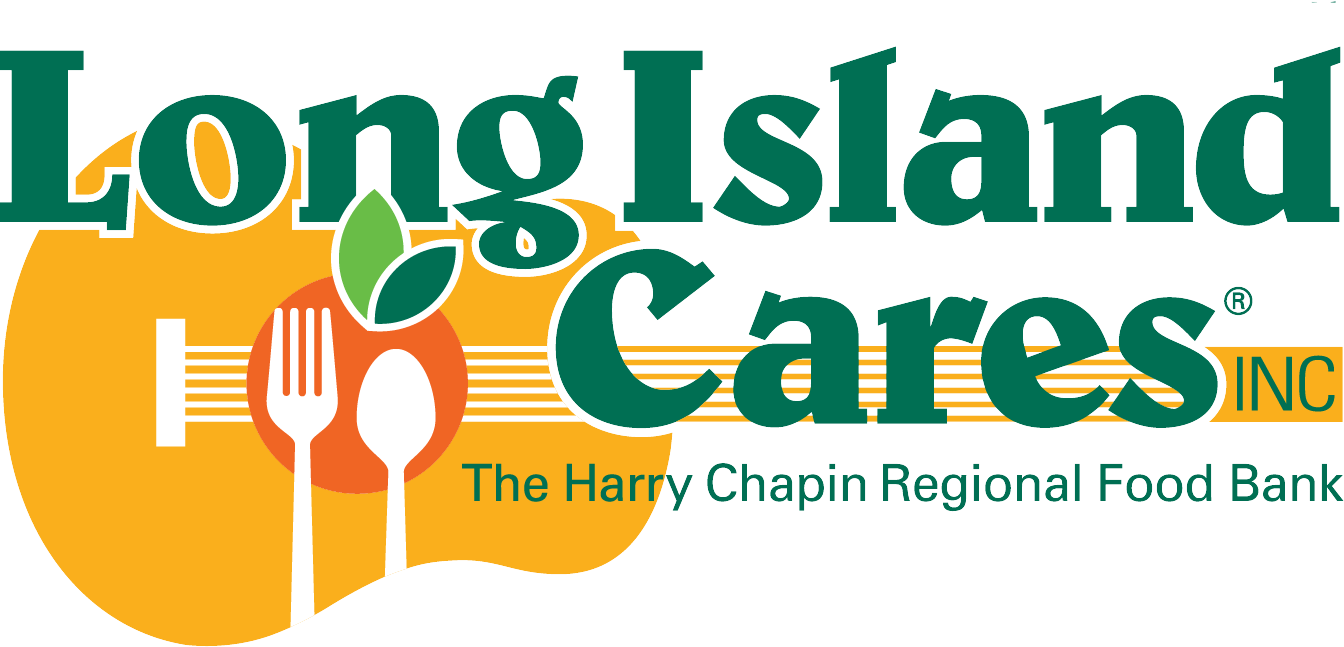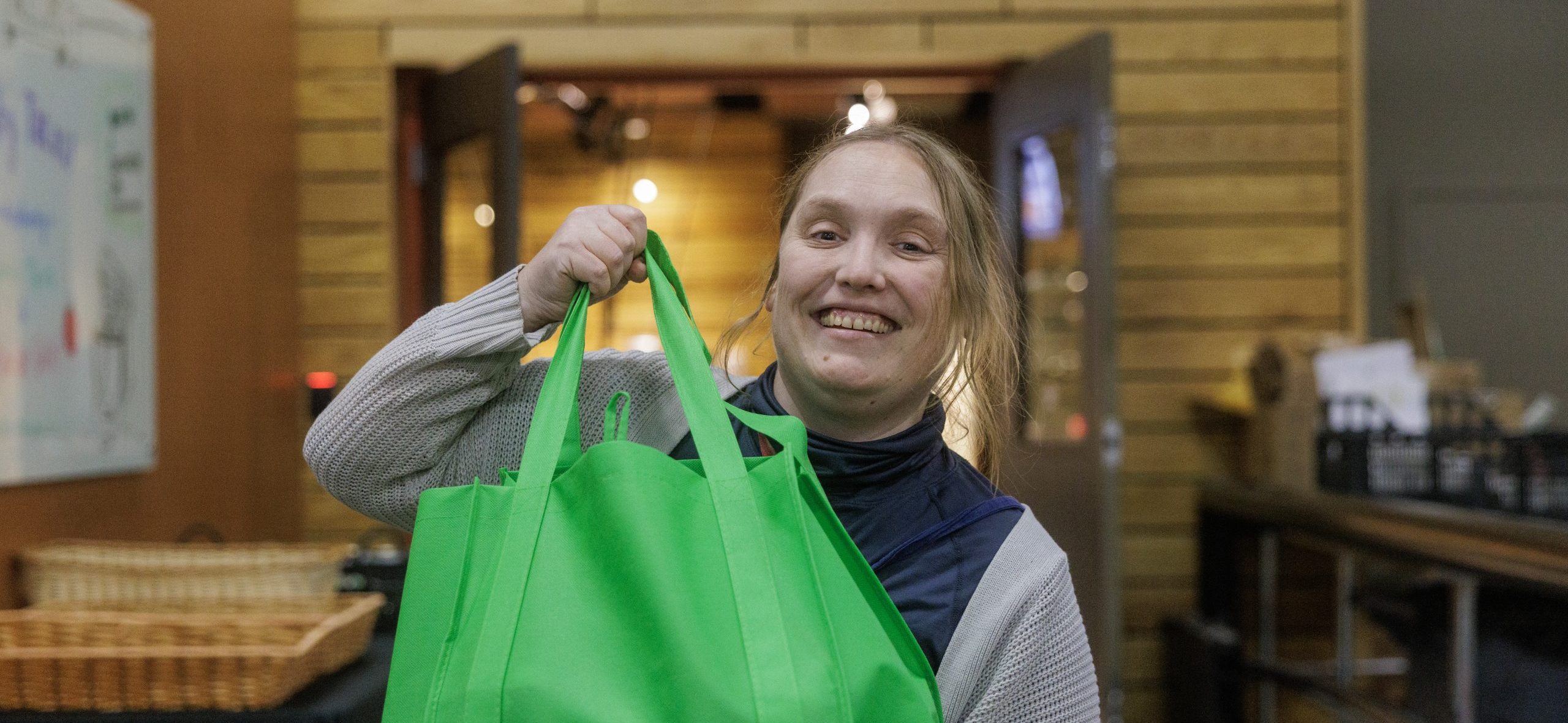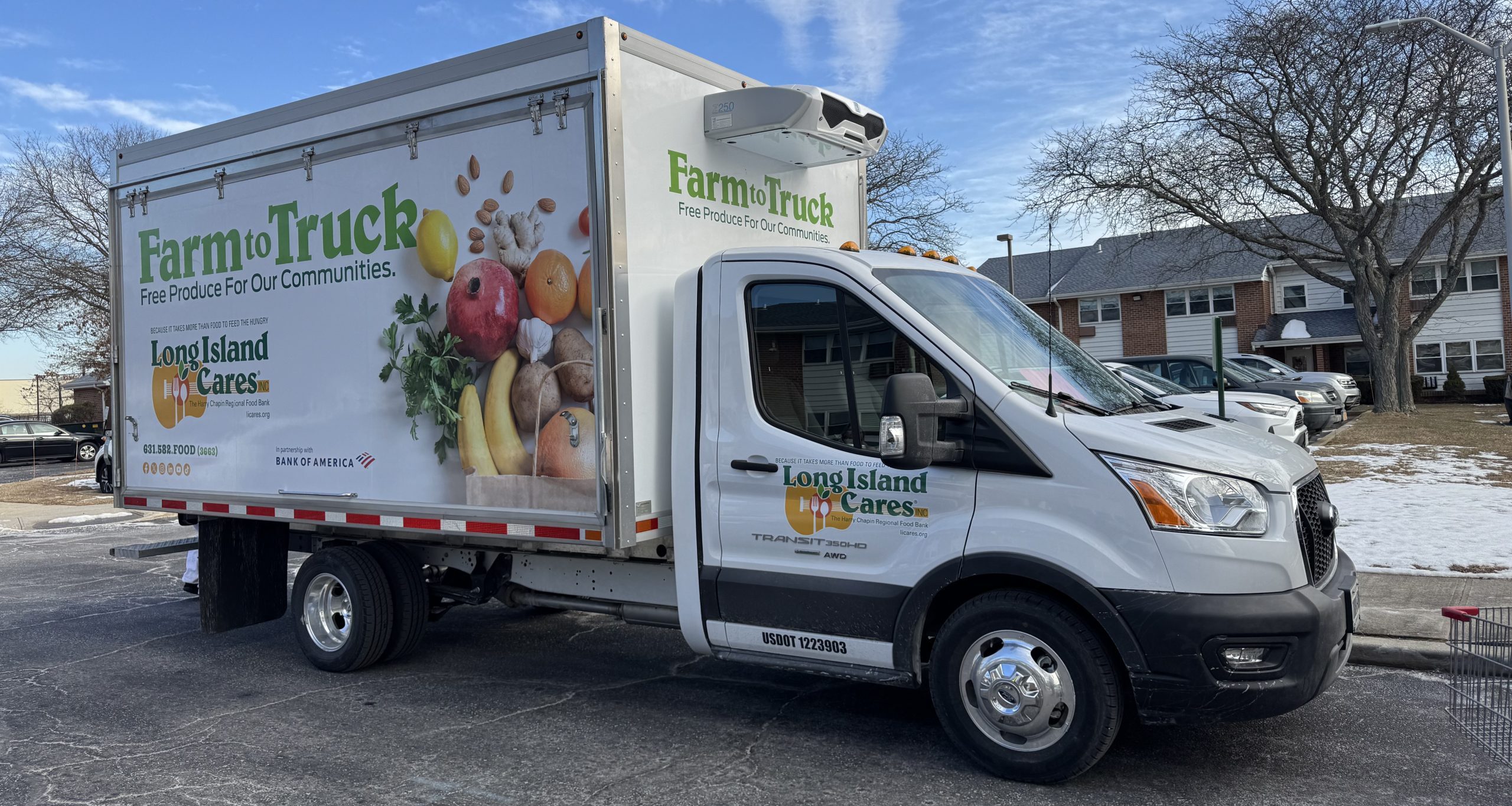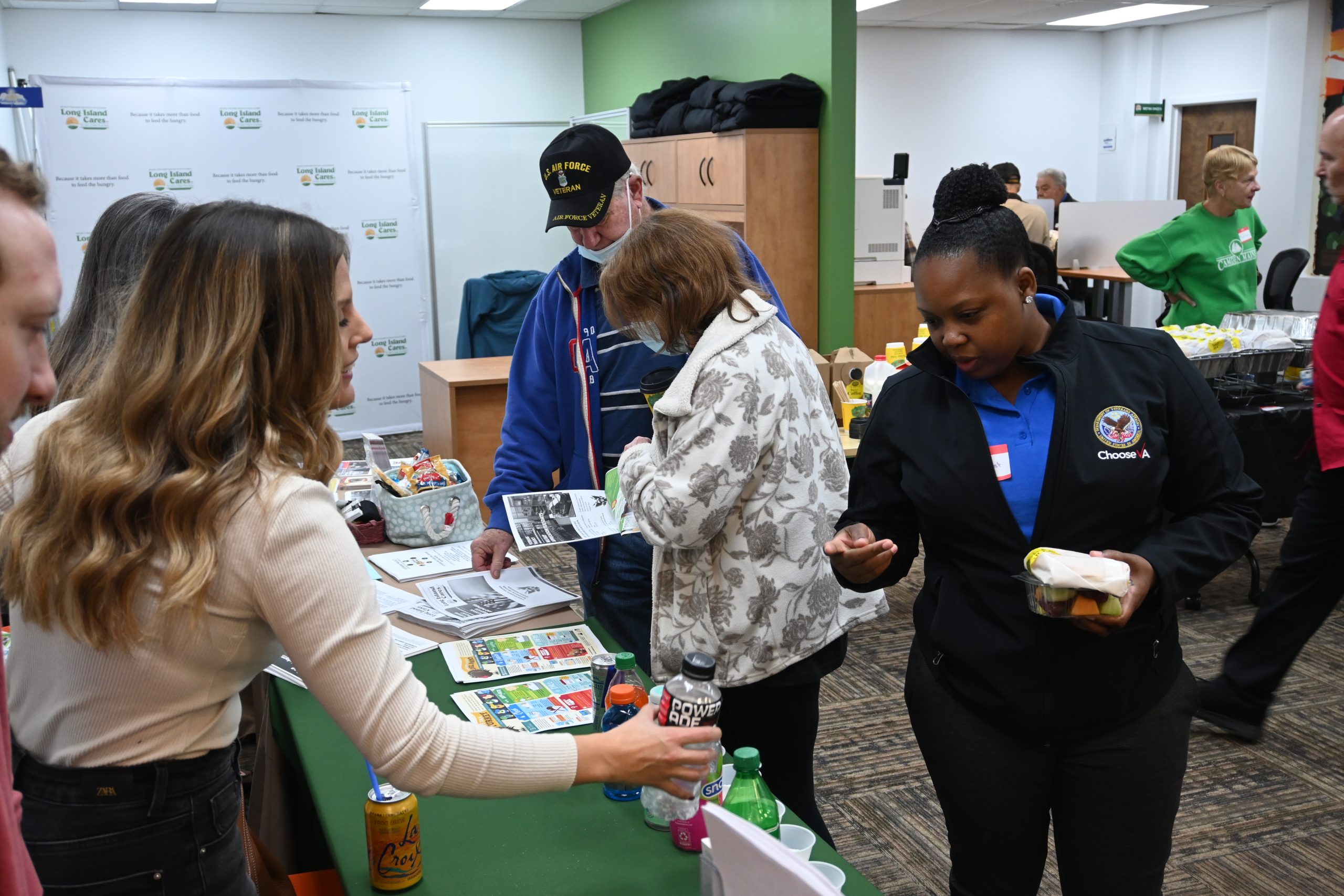Donate to Long Island Cares and help feed your neighbors in need. Contribute what you can, all donations are welcome
Our Mission
Founded by the late Harry Chapin
Long Island Cares – The Harry Chapin Regional Food Bank has been on a mission to feed Long Islanders facing food insecurity and address its root causes since our founding by the late Harry Chapin in 1980.
Get to Know Us
News
Get the latest updates from Long Island Cares on our events, activities in the community, and many others.
The Risks Between Seniors and Food Insecurity Are Too Important to Ignore
January 24, 2020

PAULE T. PACHTER
Chief Executive Officer
A recently published research report from our colleagues at the Food Research and Action Center (FRAC), reviews food insecurity rates and risk factors among older adults; the connection between food insecurity and health among older adults; and the effectiveness of some of the federal nutrition programs in alleviating food insecurity and supporting health for this population. Poverty, food insecurity, and poor nutrition have potentially harmful impacts on the health and well-being of older adults, which can limit their ability to work, perform daily activities, and live independently. Older adults with limited finances, adequate resources, and a limited social support system often interfere with the ability to maintain good health.
In 2018, more than 1.3 million adults 65 years of age or older and living alone were considered to be food insecure in America. Long Island Cares, Inc. estimates that approximately 54,000 seniors living in Nassau and Suffolk Counties experience food insecurity and rely upon the emergency food network for ongoing support. On a monthly basis, more than 800 seniors visit our satellite locations in Freeport, Lindenhurst and Huntington Station to access food, personal care items, household supplies, and pet food. Twice per month, our Mobile Pantry delivers groceries to 76 households of seniors that are homebound and have difficulty traveling to a local food pantry.
Being food insecure can lead to mental and physical health conditions such as diabetes, depression, hypertension, congestive heart failure and accidents. Seniors struggling with food insecurity also experience more frequent hospitalizations and emergency room visits. Federal programs such as the Supplemental Nutrition Assistance Program (SNAP), Congregate Nutrition Program, Home-Delivered Nutrition Program, Commodity Supplemental Food Program (CSFP), Senior Farmer’s Market Nutrition Program, and the Child and Adult Care Food Program provide a lifeline to seniors living alone and often isolated. Although the SNAP program is critical in helping seniors improve their nutrition and well-being, the program continues to be under attack from Washington and some of our congressional representatives that want funding for the program significantly reduced. In response to numerous proposals to reduce SNAP on a federal level, our state and local governments sometime scramble to find funding available to maintain these programs for our seniors. After all, seniors comprise a significant voting block in America, and have a very strong and loud voice through organizations like AARP, FRAC and Feeding America. 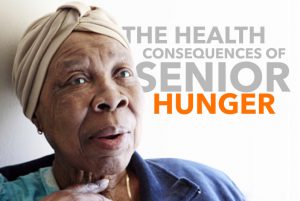
This past November, Catholic Charities on Long Island ended its Commodity Supplemental Food Program that delivered more than 53,000 food boxes to 3,000-4,000 seniors on Long Island annually. In an effort to maintain the provision of home delivered government commodities food to our seniors, the New York State Department of Health has awarded a contract to Long Island Cares, Inc. and the New York Community Pantry to collaborate in providing food to seniors in need. Long Island Cares will implement our new S.O.S. (Supporting Our Seniors) Mobile Food Services in January throughout Suffolk County. In establishing this model with support from our state legislative delegation, the Department of Health was able to respond to the needs of our seniors and avoid a potential crisis. When it comes to hunger and seniors, we need to develop broad and creative approaches that both insure that services are available, in addition to defining achievable outcomes. It is critical that we provide coordinated services, flexible program models, compassion and advocacy for a population that sometimes feels helpless to effect change.
